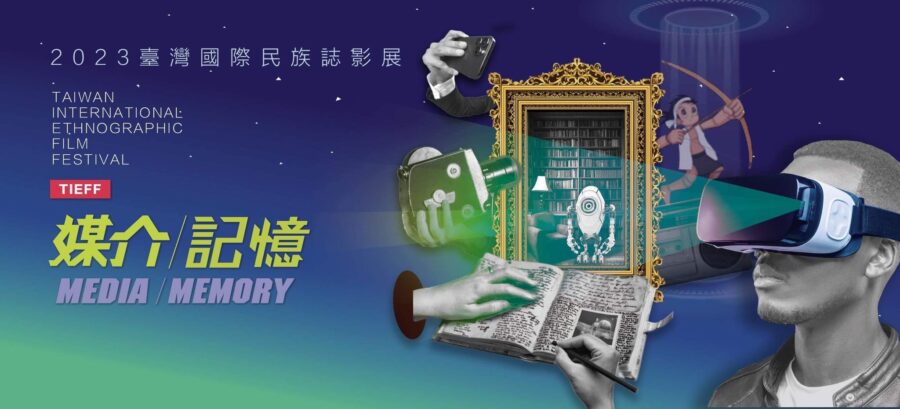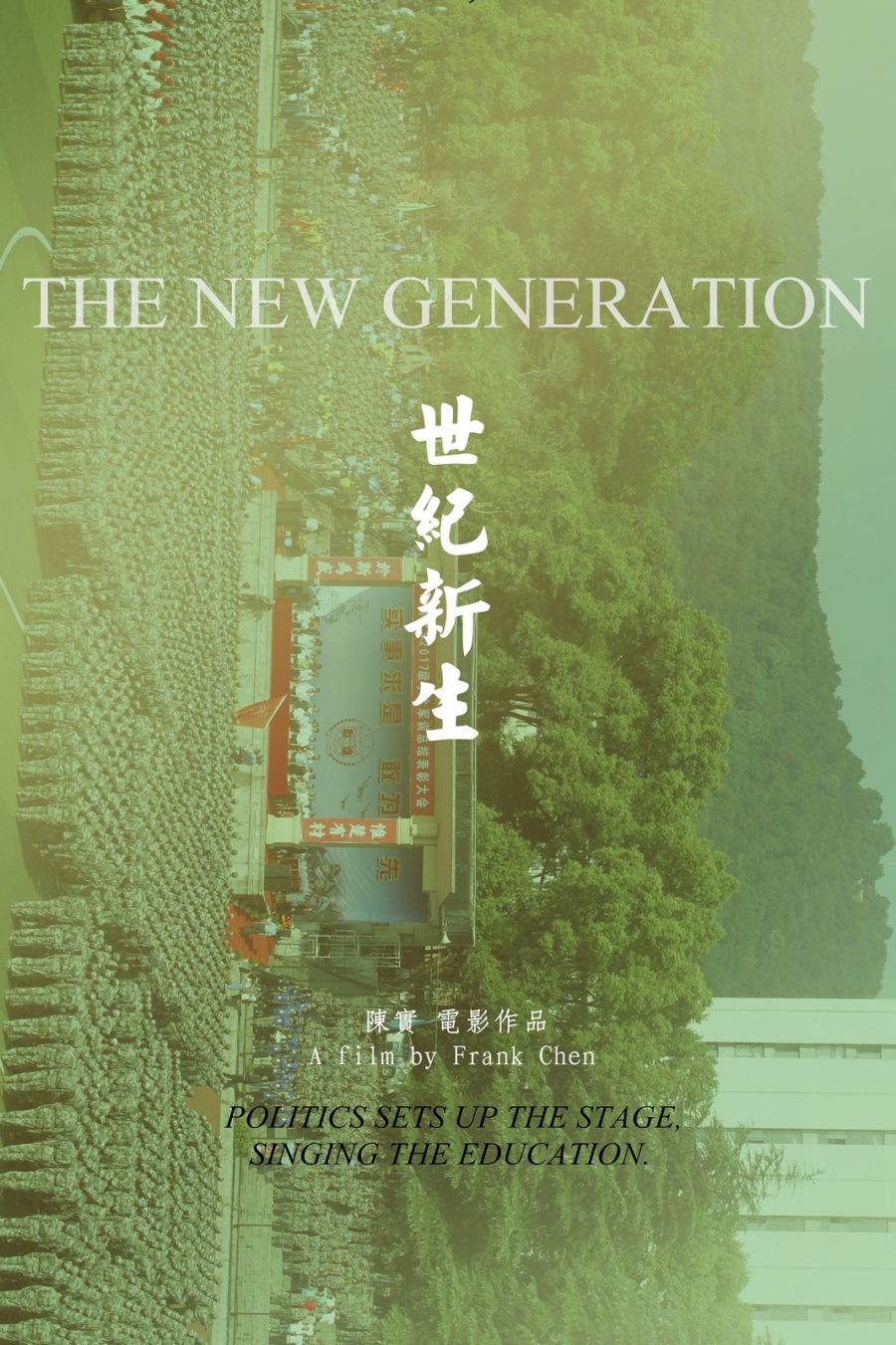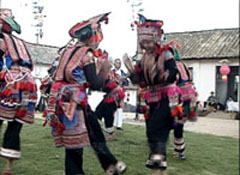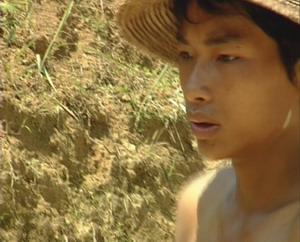Winter Solstice in the Valley of the Golden Wing
In 2017, we went to Gutian county, where the story of The Golden Wing (Lin Yueh-hwa 1944) took place, in Fujian Province, China, to produce a film about the Chinese customs of eating tangyuan (rice dumpling in English) and filial piety on Winter Solstice. This film is based on a myth that one dutiful son guided his ape mother to go home by this delicious food (tangyuan). The rural troupe performed this legend on the stage at first and then off the stage, and the scenes could be all places, such as the forest, the stream, the railway, the road, the courtyard and the ancestral hall. The filial piety and great reunion of family were fulfilled at length. What you could see in the film is that the descendants of The Golden Wing and their neighbors cook festive dishes, expressing filial piety in extended families, making tangyuan together and performing Big Dipper ritual of Daoism. All these in the film represent the historical connectivity and continuity of Confucianism and Daoism and farmers’ daily practice in the past time and the present day.
By adopting new media, this film The Winter Solstice in the Valley of the Golden Wing tried to pursue the three-dimension interaction through time and space on the web and apply new technique in the film to interpret the local knowledge, which might be not possible in the traditional documentary.
10/7 13:00



